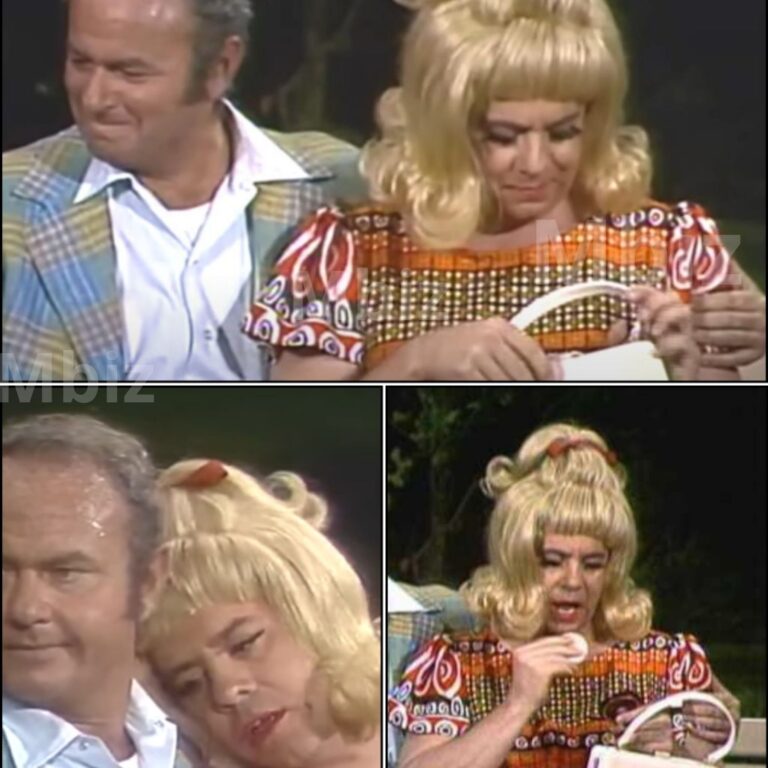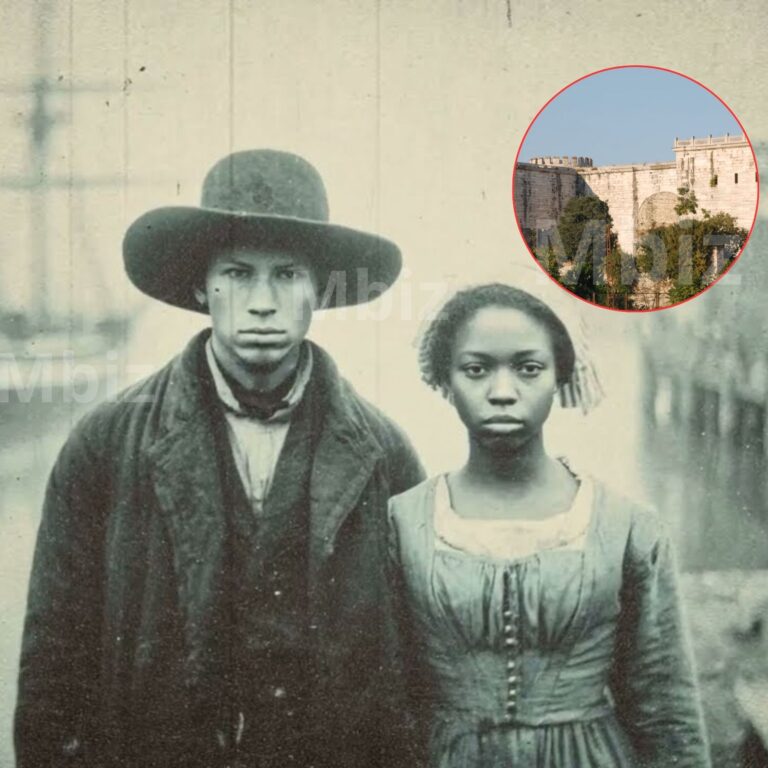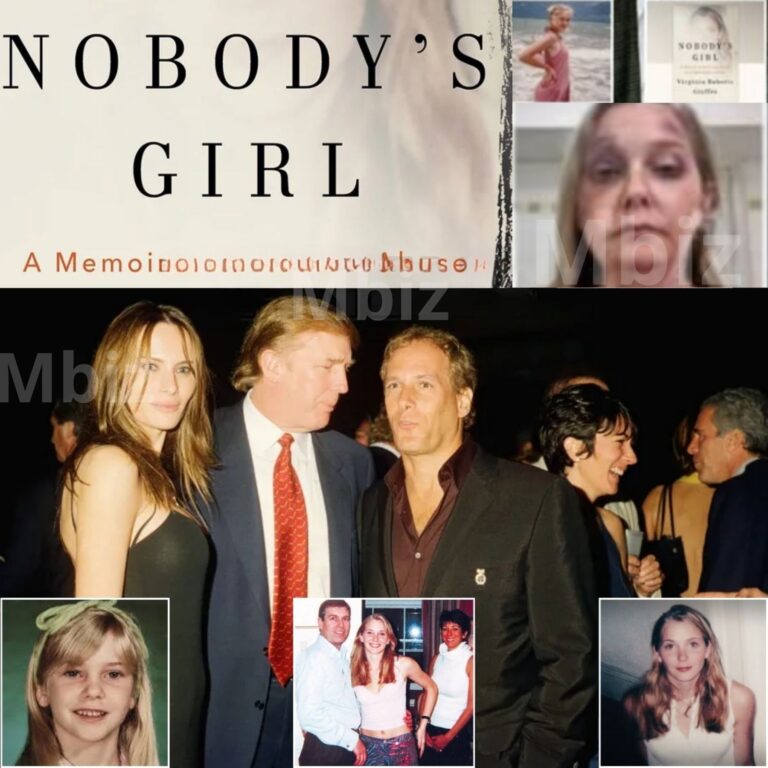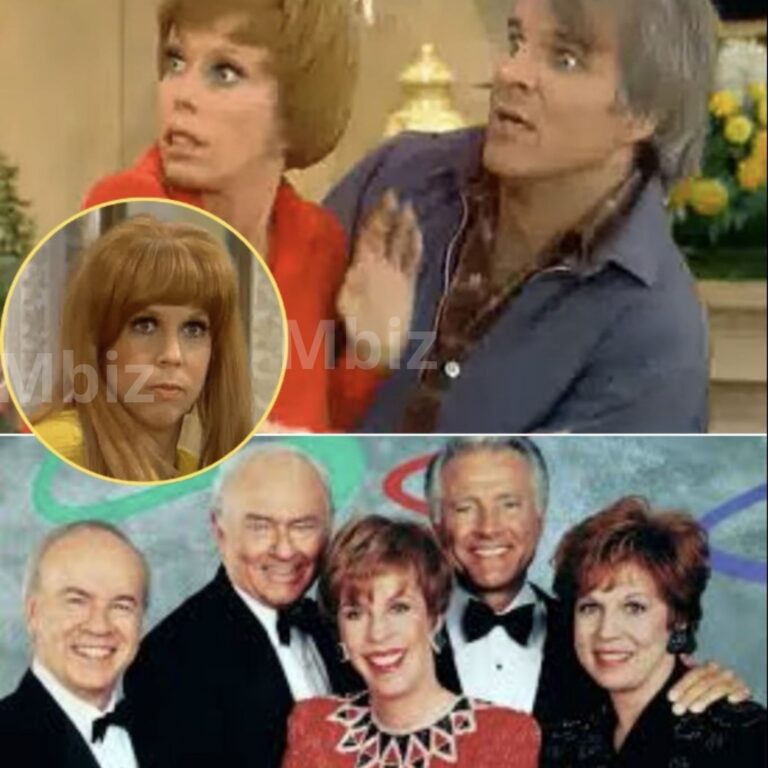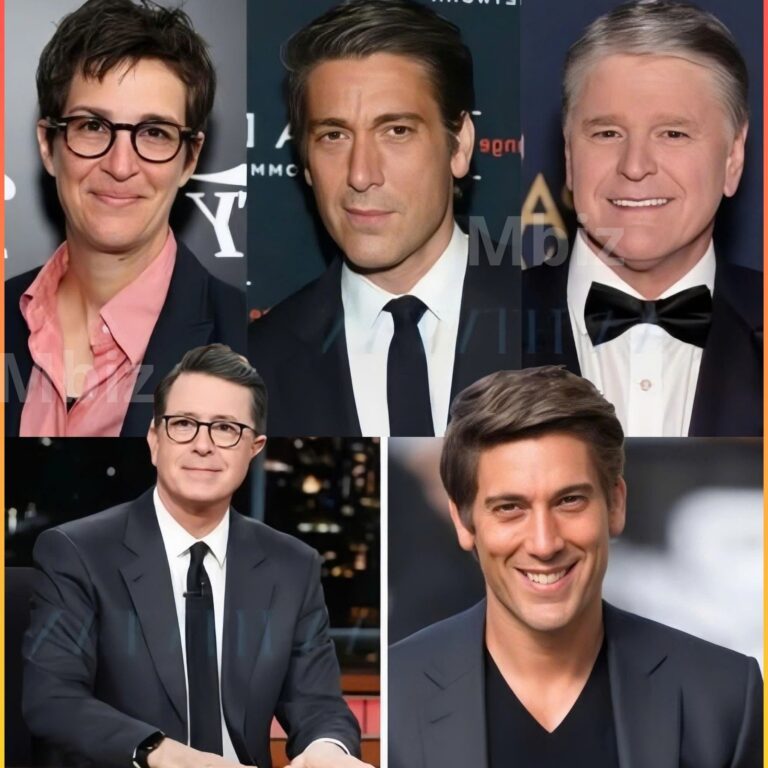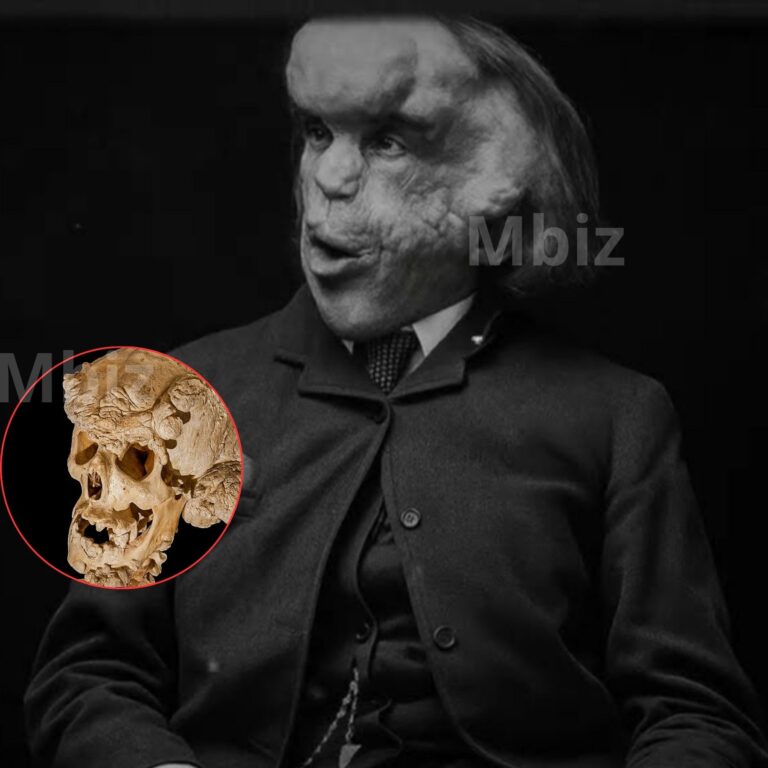The First Day That Went Wrong
Marcus Thompson stepped off the bus into the coppery light of a Texas morning, his hand tightly around the backpack he’d packed three times the night before. New city. New school. Maybe finally a fresh start.
But at the gates of Oakridge High, a circle formed around him—first mockery, then a shove that scattered his books across the sidewalk like startled birds.
“I don’t want any trouble,” he said quietly, his voice calm but small.

Laughter answered. Footsteps thundered. Another shove. A book hit the floor. The leader—Tyler—grinned broadly for his audience.
Then another sound erupted—deep, multifaceted, impossible to miss.
Engines like thunder.
Ten motorcycles rounded the corner in a staggered line, their chrome gleaming in the sun. They stopped in a tight formation in front of the gate, the steady rumble of their engines filling the space where laughter had just been. Boots touched the asphalt. Visors flipped up.
The tall rider in front took off his helmet. His beard was silver, his eyes alert.
“Morning,” he said calmly. “What’s going on here?”
“W-we’re just helping him up,” Tyler murmured.
“Doesn’t look like help,” the man replied, turning to Marcus. “Are you okay, son?”
Marcus nodded, his voice failing him. Then he saw the patches: Iron Brotherhood Veterans MC. Whatever happened next, he was no longer alone.
A path that no one blocked anymore.
“Come,” the man with the silver beard said softly. “We’ll get you in.”
The crowd parted. Whispers in the hallway faded into silence.
In the principal’s office, the leader—Cole Matthews—spoke with the calm of a man who had spoken many uncomfortable truths.
“We witnessed a targeted attack outside the gate,” he said. “This student was pushed to the ground, his books kicked. Several bystanders. No adults in sight.”
The security team reviewed the footage. Facts replaced excuses. Before noon, parents were informed, punishments were issued, and apologies were written. The story spread faster than the school bell.
The house with the small kitchen.
As classes ended, the sky turned the color of a fresh copper coin.
The motorcycles were waiting outside the gate. Cole handed Marcus a spare helmet. “Your mother knows we’re taking you home.”

The ride felt like a promise—air on my face, engines as steady as a heartbeat.
At the duplex, his mother, Denise, ran to the door, tears of relief in her eyes. Over coffee at a small, clean table, she told the bikers about Marcus’s father, an army sergeant who had died three years earlier in a training accident.
Cole’s gaze softened. “Then your boy has courage in his blood,” he said. “He just needs people around him who know what to do with it.”
What brotherhood truly means
That evening, some riders stayed. They didn’t tell war stories to impress, but about what came after: sleeplessness, new beginnings, the purpose of serving again.
Before he left, Cole leaned in the doorway.
“Listen, kid. If they push you again, get up. But more than that—stand up straight. Call us if you need us. You have a team now.”
Marcus nodded. Something inside him shifted—like a door slowly opening.
A Rewritten Reputation
Over the next few weeks, everything changed. No one tripped him up anymore. People made room for him at lunch. A biology teacher asked him about his favorite books. Small things—but they added up.
On Saturdays, Marcus met the motorcycle group at a workshop. Together, they bought an old BMX bike and rebuilt it—new chain, fresh tubes, clean bearings, black grips that felt like second chances.
He learned torque from a Marine and patience from a medic. He learned poise from everyone.
“Ride for Respect”
In late spring, the Iron Brotherhood held a community festival in the plaza behind the community center. Rows of motorcycles. Food stalls. Scouts. Teachers. Parents. Kids who knew what exclusion felt like.
Cole took the microphone.
“This ride is for everyone who has been deliberately belittled,” he said. “We don’t respond to cruelty with cruelty, but by being there.”
Then he passed the microphone to Marcus. His hands were trembling, but his voice wasn’t.
“I thought strength was loud,” he said. “But it’s quiet. My father wore a uniform. I thought with his death I’d lost the only one who would stand up for me. But family can also show up on ten motorcycles on an ordinary Tuesday.”
Applause erupted like a wave.
True Transformation
Tyler and his friends returned changed after their suspension. No grand pronouncements, just different behavior.
Months later, someone approached Marcus at the drinking fountain.
“I was wrong,” he said simply. “I wanted to appear strong. I wasn’t.”
With the principal’s approval, Marcus founded a student group: Stand Together – peer mentors, open lunch meetings, a quiet space for newcomers. Once a month, someone from the Iron Brotherhood came and spoke about civil courage and how to intervene without escalating.

Graduation – and the Loudest Row
Three years later, Marcus crossed the stage in a gown and borrowed tie. Denise wept behind sunglasses. Six members of the Iron Brotherhood sat beside her and clapped like family – because they were.
In his speech, Marcus remained humble:
“Someone could have just driven by that day. But they didn’t. If you remember anything about this school, remember this: There’s always a gate somewhere – and someone waiting for you to stop.”
The standing ovation lasted so long that he memorized the sound.
From a Moment to a Movement
Marcus studied social work at the University of Houston. On weekends, he rode in the back of large charity rides, keeping an eye out for stragglers.
The Iron Brotherhood made him an honorary member – the first non-veteran to receive their small, square badge: Earned, not given.
“Ride for Respect” became an annual tradition. The proceeds went to anti-bullying programs and veterans’ aid. Other states adopted the idea and adapted it. School counselors reported fewer incidents and more early warnings.
The lesson that stuck
When asked about that first day, Marcus says,
“The engines were loud, but the loudest noise was quieter—adults simply staying with a child until the danger had passed.”
When asked, Cole says,
“Duty doesn’t end when you take off your uniform. Sometimes it means paperwork in the office. Sometimes it means escorting a teenager to class.”
When asked, Denise pulls a photo off the refrigerator—Marcus on his BMX, ten motorcycles behind him.
“They brought my son home,” she says. “And then helped him know where he belongs.”
Summary
A hot morning. A new student is pushed at the school gate. Ten veterans don’t look away.
A principal takes action. A community comes together.
This is what shared courage looks like. This is how a single moment becomes a map that others can follow.
For everyone who is currently standing at a gateway.
If you are the target: You are not alone, even if it feels that way. There are safe people out there—keep looking until you find them.
If you are the observer: Your presence is more important than perfect words. Go there. Stand beside them. Say, “I’ll go with you.”
If you are the adult: Rules are important—but closeness is more powerful. Come quickly, stay long enough for safety to take root.
The engines keep rolling.
On quiet Saturdays in Houston, you can still hear them—ten motorcycles in formation, turning into a schoolyard. Not because trouble is brewing, but because there might be a child there who needs to see what resilience looks like.
They park. They wave. They remind everyone—without words—that the strongest in any city are often those who prioritize kindness over noise and presence over pride.
And somewhere, a fourteen-year-old, who once thought he had no one, looks up, hears the engines—and breathes a little easier.
